Should you attend the Engineering Due Diligence Workshop?
An introduction to the concept of Engineering Due Diligence
Engineering is the business of changing things, ostensibly for the better. The change aspect is not contentious. Who decides what’s ‘better’ is the primary source of mischief.
In a free society, this responsibility is morally and primarily placed on the individual, subject always to the caveat that you shouldn’t damage your neighbours in the process. Otherwise you can pursue personal happiness to your heart’s content even though this often does not make you as happy as you’d hoped. And it becomes rapidly more complex once collective cooperation via immortal legal entities known as corporations came to the fore as the best way to generate and sustain wealth. This is particularly significant for engineers as the successful implementation of big ideas requires large scale cooperative effort to the possible detriment of other collectives.
The rule of law underpins the whole social system. It is the method by which harm to others is minimised consistent with the principle of reciprocity (the golden rule – do unto others as you would have done unto you) prevalent in successful, prosperous societies. In Australia it has been implemented via the common law and increasingly, in statute law. Company directors, for example, have to be confident that debts can be paid when they fall due (corporations law), workers (and others) should not be put unreasonably at risk in the search for profits (WHS law) and the whole community should be protected against catastrophic environmental harm (environmental legislation). It is unacceptable for drink-drivers to kill and injure others, the vulnerable to be exploited or the powerful to be immune from prosecution. Everyone is to be equal before the law.
Provided such outcomes are achieved, the corporation and the individuals within them are pretty much free to do as they please. Monitoring all these constraints and ensuring the balance between individual freedoms and unreasonable harm (safety, environmental and financial) to others has become the primary focus of our legal system.
But the world is a complex place and its difficult to be aways right particularly when dealing with major projects. But it is entirely proper to try to be right within the limits of human skill and ingenuity. The legal solution to address all this has been via the notion of ‘due diligence’ and the ‘reasonable person’ test.
Analysing complex issues in a way that is transparent to an entire organisation, the larger society and, if necessary, the courts can be perplexing. Challenges arise in organisations when there are competing ideas of better, meaning different courses of action all constrained with finite resources. This EDD workshop provides a framework for the various internal and external stakeholders to listen to, understand and decide on the optimal course of action taking into account safety, environmental, operational, financial and other factors.
To be ‘safe’, for example, requires that the laws of nature be effectively managed, but done in a way that satisfies the laws of man, in that order.
Engineering Due Diligence Workshop
The learning method at the R2A & EEA public workshops follows a form of the Socratic ‘dialogue’. Typical risk issues and the reasons for their manifestation are articulated and exemplar solutions presented for consideration. The resulting discussion is found to be the best part for participants as they consider how such approaches might be used in their own organisation or project/s.
Current risk issues of concern and exemplar solutions include:
- Project schedule and cost overruns. This is much to do with the over-reliance on Monte Carlo simulations and the Risk Management Standard which logically and necessarily overlook potential project show-stoppers. A proven solution using military intelligence techniques will be articulated. This has never failed in 20 years with projects up to $2.5b.
- Inconsistencies between the Risk Management Standard and due diligence requirements in legislation, particularly the model WHS Act. A tested solution that integrates the two is presented, as is now being implemented by many major Australian and New Zealand organisations, shown diagrammatically below.

- Compliance does not equal due diligence. Solutions are provided to avoid over reliance on legal compliance as an attempt to demonstrate due diligence. It also demonstrates how a due diligence approach facilitates innovation.
- The SFAIRP v ALARP debate. Model solutions presented (if relevant to participants) including marine and air pilotage, seaport and airport design (airspace and public safety zones), power distribution, roads, rail, tunnels and water supply.
Participants are also encouraged to raise issues of concern. To enable open discussion and explore possible solutions, the Chatham House Rule applies to participants’ remarks meaning everyone is free to use the information received without revealing the identity or affiliation of the speaker.
